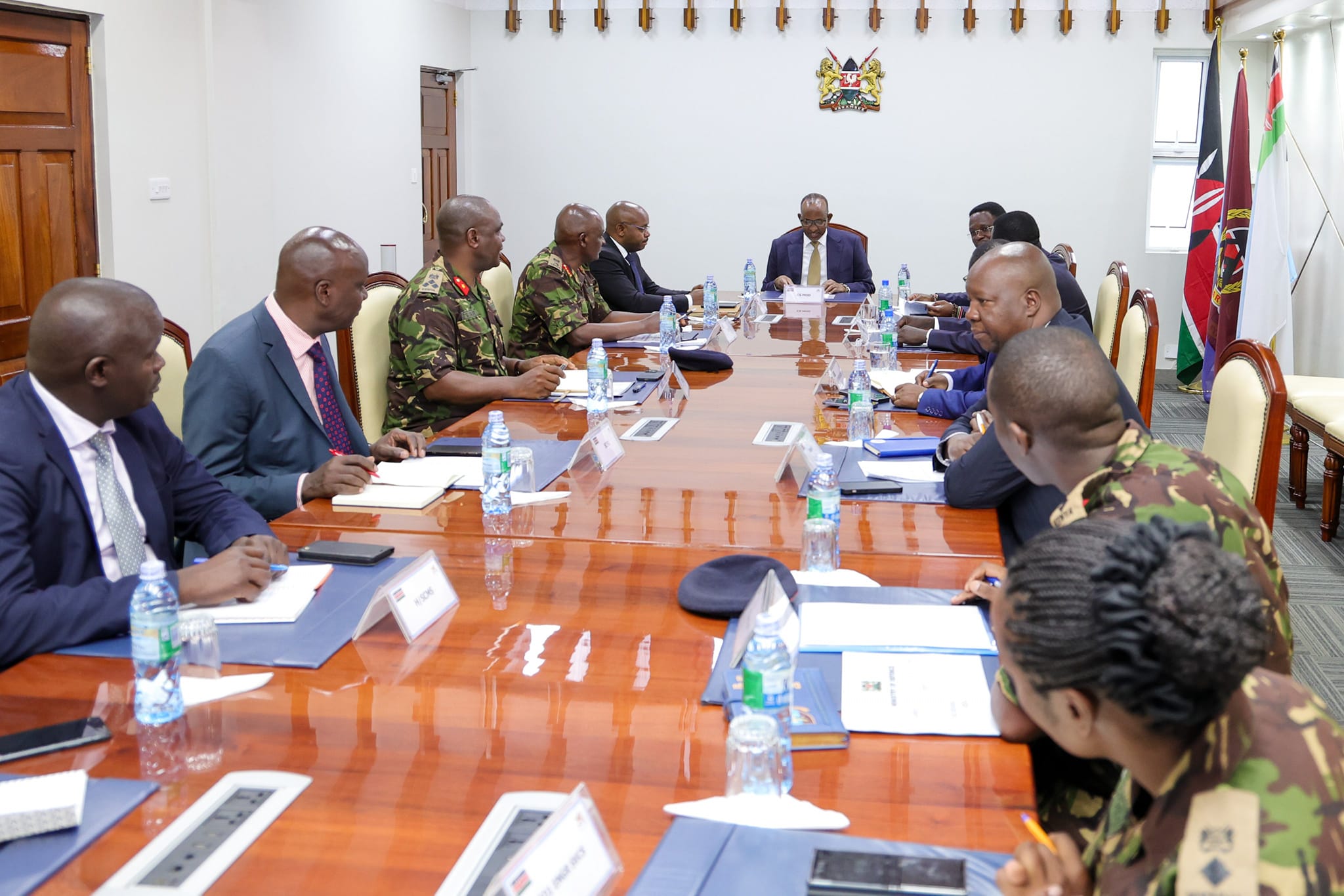NEWS
The Unusual Role of the Ministry of Defence in Stadium Upgrades: Legal and Constitutional Implications

The recent announcement that the Ministry of Defence will be supervising the upgrading of various stadiums across the country has raised eyebrows and sparked debate about the legality and constitutionality of such a move. While the government might assert that this decision is aimed at ensuring efficient project management, concerns have been raised about the potential problems and pitfalls of involving the military in civilian infrastructure projects, particularly those falling under the jurisdiction of the Youth Affairs and Sports docket.
At the heart of the matter lies the question of legality and constitutionality. Traditionally, the mandate of the Ministry of Defence revolves around matters of national security and defence. The involvement of the military in civilian projects, such as stadium upgrades, raises questions about the extent to which it is permissible under the law. Such an arrangement blurs the lines between civilian and military functions, potentially undermining the principle of civilian control over the armed forces, a cornerstone of democratic governance.
The decision to entrust the Ministry of Defence with the supervision of stadium upgrades also raises concerns about transparency and accountability. Military institutions often operate under a veil of secrecy, and their involvement in civilian projects may exacerbate a lack of transparency, making it difficult for the public to scrutinise the allocation of resources and the decision-making process. This lack of transparency could fuel suspicions of corruption and nepotism, further eroding public trust.
Another issue is the potential militarisation of civilian spaces. Stadiums are not just venues for sports and entertainment; they are also important public spaces where people gather for various events, including political rallies and protests. The presence of the military in the management of these spaces could create an atmosphere of intimidation and restrict freedom of expression and assembly. Moreover, it sets a dangerous precedent for the militarisation of other civilian institutions and infrastructure, undermining the principle of civilian supremacy.
The expertise and experience of the Ministry of Defence in managing large-scale infrastructure projects is also called into question. While the military may possess certain logistical capabilities, such as procurement and construction management, it lacks the specialised knowledge and skills required for the successful execution of stadium upgrades. Civilian institutions, such as the Ministry of Youth Affairs and Sports, may be better equipped to handle the intricacies of sports infrastructure development and management.
The decision to involve the Ministry of Defence in stadium upgrades also risks diverting resources and attention away from its primary mandate of national security. With limited resources at its disposal, the military must prioritise its activities to effectively fulfil its core responsibilities. Involvement in civilian projects could strain its capacity and detract from its ability to address pressing security challenges, potentially compromising the safety and well-being of the nation. A case in point is the ubiquitous banditry menace in the North Rift that the KDF is yet to put to bed.
While the government may argue that involving the Ministry of Defence in supervising stadium upgrades is aimed at ensuring efficiency and effective project management, the decision raises serious legal, constitutional, and practical concerns. From issues of transparency and accountability to the potential militarisation of civilian spaces and diversion of resources, there are numerous pitfalls associated with this arrangement. Ultimately, it is essential to carefully consider the implications and ramifications of such decisions to safeguard the principles of democracy, civilian control over the military, and good governance.


Leave a Reply
You must be logged in to post a comment.